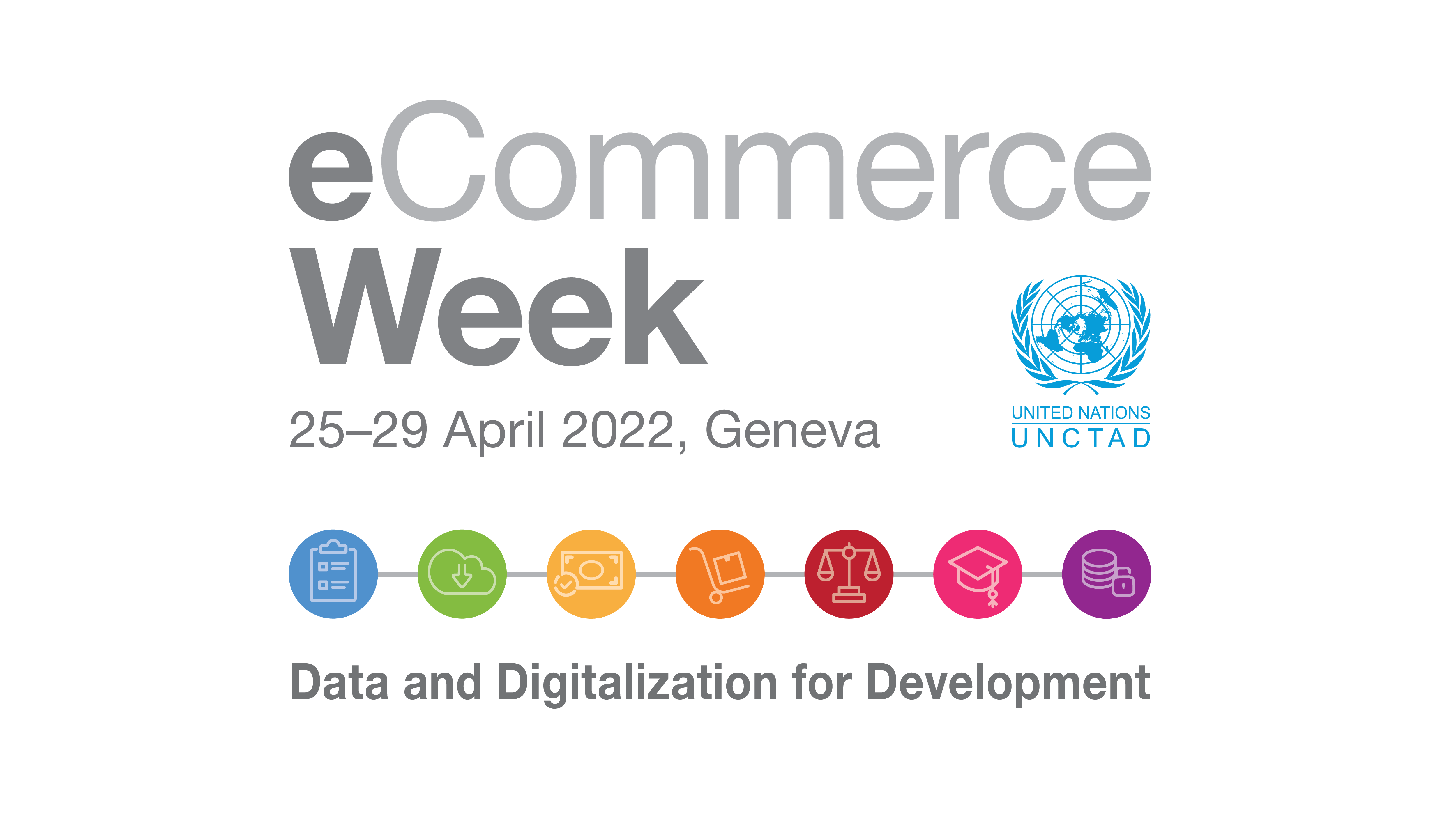Digital self-determination – an alternative approach to data governance issues
25 Apr 2022 12:00h - 13:00h
Event report
Digital transformation affects all aspects of social life, society, and introduces challenges to the exercise of individual and collective autonomy. Against this background, the notion of ‘digital self-determination’ aims to empower individuals and communities by strengthening their agency in the data economy. According to Mr Urs Gasser (Dean and Professor of Public Policy, Governance, and Innovation Technology, TUM School of Social Sciences and Technology, Technical University of Munich) the concept of digital self-determination provides an innovative framework to rethink the relationship between actors and the data they produce.
The availability of data can be beneficial to several areas of social life, from public health to transport, explained Mr Thomas Schneider (Ambassador and Director, International Affairs of Switzerland). Despite the social value of data, there are insufficient incentives for data to be shared by data controllers. In addition, individuals also fear the potential misuse of their data. In order to address this problem, the Swiss government is aiming to foster data sharing for the benefit of society. The report ‘Promotion of trustworthy data spaces and digital self-determination’, published in March 2022, proposes some reflections on how to achieve this goal.
In the context of the report, self-determination implies that individuals should be free to choose how to live their digital lives, and how their data should be used. Trust, which is a cornerstone of self-determination, can be strengthened by a few principles, such as transparency, accountability, efficiency, and sustainability. Interoperability should also be fostered because of the current interdependence of the global economy.
There is no governance system in place for creating trustworthy data spaces, according to Schneider. Governance arrangements should aim to incentivise the sharing of data while maintaining individuals’ control over their data. The goal goes beyond fostering privacy and data protection, because the notion of digital self-determination includes non-personal data. The creation of trustworthy data spaces would require collaboration across stakeholder groups, rethinking competition among companies operating in the same market, and considering the creation of a voluntary code of conduct for the operation of data spaces.
Ms Nydia Remolina Leon (Assistant Professor of Law, Singapore Management University) discussed the practical application of the concept of digital self-determination in open finance. She explained that the reasons for promoting open finance may be related to promoting financial inclusion or promoting competition among financial service providers. The ways to promote open finance vary as well. While some governments introduce laws with open finance requirements, others are orchestrators and create practical conditions, while others simply encourage open finance. While in Switzerland the regulator is a less-interventionist orchestrator, Singapore wants to implement data repositories and create platforms to help service providers to connect.
Leon stressed some preconditions for the creation, development, and activation of data spaces. These spaces would: a) recognise legitimate market incentives for the commodification of some data; b) protect data that determines the exercise of digital self-determination from property rights claims; c) identify data that is essential for digital self-determination at the community, national, and regional levels.
Mr Stefaan Verhulst (Co-founder, GovLab) reflected on the use of data in the context of migration, and how it relates to the concept of self-determination. He explained that self-determination is a dynamic concept that will have different meanings depending on the social group in question. For example, digital self-determination for migrants and for children have different characteristics.
Data can contribute to migration policies in a myriad of ways. Data can help countries to be better prepared to receive migrants in a more efficient and respectful way, and to better resettle and reintegrate them. Data can also contribute to debunk some stereotypes related to migrants.
Verhulst presented some reflections and conclusions based on an ongoing study with the aim to determine what digital self-determination for migrants means in practice. He stressed the fact that digital self-determination is about power and power asymmetries, pointed to the need to identify opportunities to foster digital self-determination across the data life cycle (ex. collecting, processing, sharing, analysing, and use), and emphasised that achieving digital self-determination depends on technology, policy, and processes.
According to him, data stewards should manage data according to an individual’s expectations and preferences. This does not mean putting data in a vault, but making sure society can benefit from data in a way that aligns with self-determination.
Report by: Marilia Maciel
Related topics
Related event

